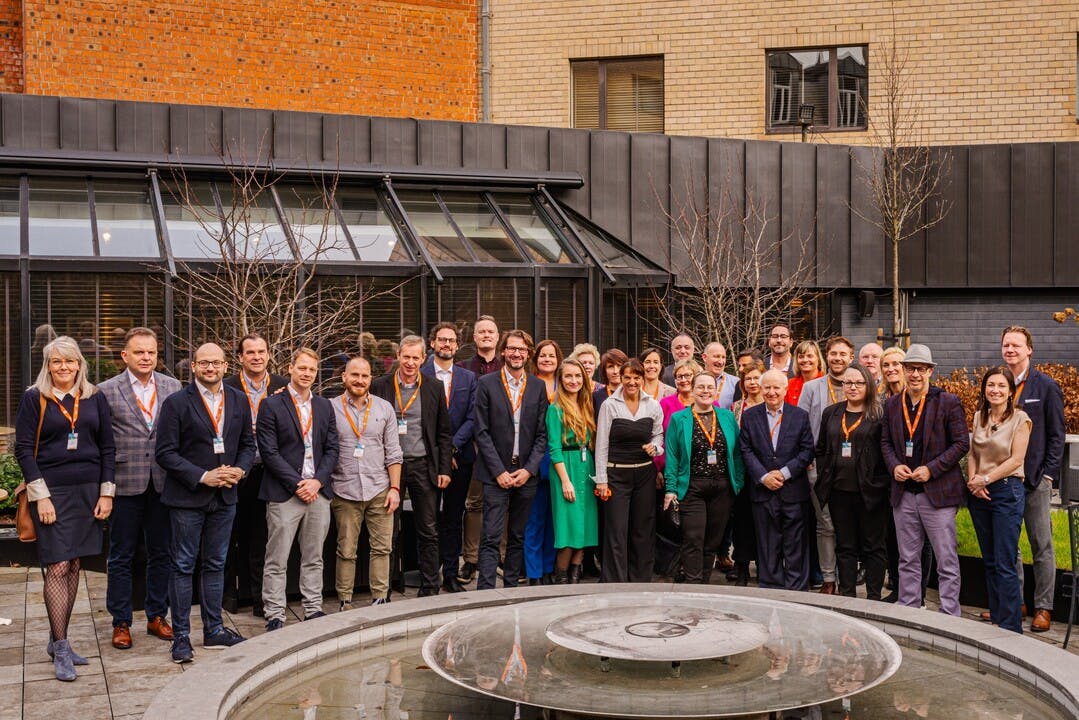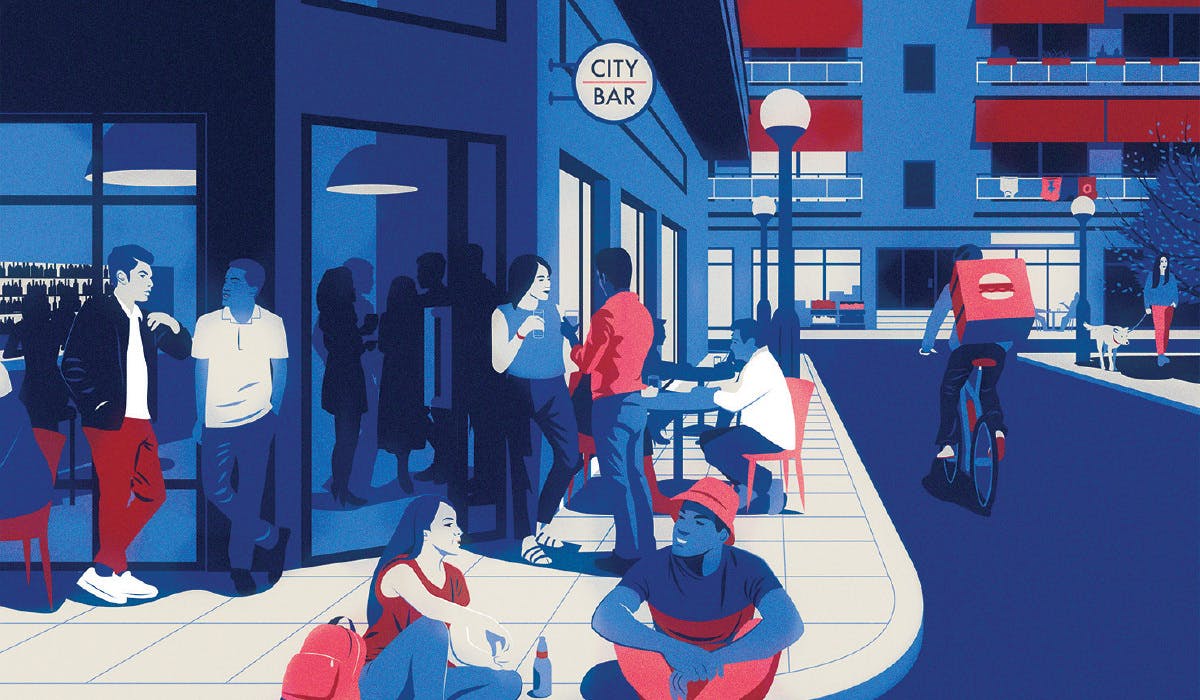In 2021, the European Commission proposed a co-creation of ‘transition pathways’ of the EU industrial sectors with stakeholders as an essential collaborative process to accelerate green and digital transitions of the EU economy. As tourism was the hardest hit by the pandemic, it was the first sector to see a ‘Transition Pathway’ developed, launched in June 2021 following a co-creation process with hundreds of tourism stakeholders. The Transition Pathway for Tourism, published on 8 Feb 2022, includes 70 actions for DMOs and other stakeholders for a more sustainable EU tourism sector. A few months later, a new European Agenda for Tourism 2030 was published, with policy commitments based on the actions developed in the Pathway.
On day 1, we dived into the Agenda for Tourism, exploring how to best align DMOs strategies with the Agenda as well as with other interconnected policies to support the green and digital transition of the sector. We discussed the most relevant actions of the Tourism Transition Pathway for city DMOs, explored what value cities can get from the Transition Pathway, and how to get involved in the co-implementation to benefit the DMOs and their cities.
Several CEOs shared the benefits of being actively engaged in aligning their DMOs policies with the new EU Agenda (such as increased funding for local projects, improved DMO visibility and brand, or improved cooperation with other stakeholders). Most CEOs agreed that participating in relevant training and knowledge sharing events as well as working with other cities on collaborative projects aligned with the Transition Pathway is the best way to contribute to the co-implementation of the new EU policy.
Additionally, as city DMOs need a stronger voice on the EU stage, we explored how CityDNA can be a better advocate to help its members benefit more widely from emerging EU programmes to strengthen the transition and increase resilience. For example, CityDNA could play a key role as an ‘interpreter’: guiding its members on EU initiatives, keeping them up to date, and informing the EU about the unique issues that cities face in the realm of the visitor economy.

On Day 2, we led lively and practical discussions to jointly define - in an era of remote work and turbulent local politics - what it takes to be an effective DMO leader today. We explored the key qualities for leading a DMO today, how to optimise hybrid working to be most effective and how best to nurture and support younger members of the team - in particular, Generation Z.
The CEOs agreed that in these topics, specific challenges can be perceived as opportunities (e.g. flexible working from home policies, blending work/online life/social life, or the younger staff’s expectations of a high DMO mission) that make them better leaders for more purposeful organisations, provided that the roles, responsibilities and the purpose are clearly explained and understood by DMO staff.
The event also provided the ideal opportunity to make a formal launch of our new white paper series with our first report “The 24/7 revolution: How cities are transforming their night economies”. The report is already available to download free of charge here.
We look forward to continuing the cooperation with CityDNA and meeting the members again soon in another beautiful European city.

